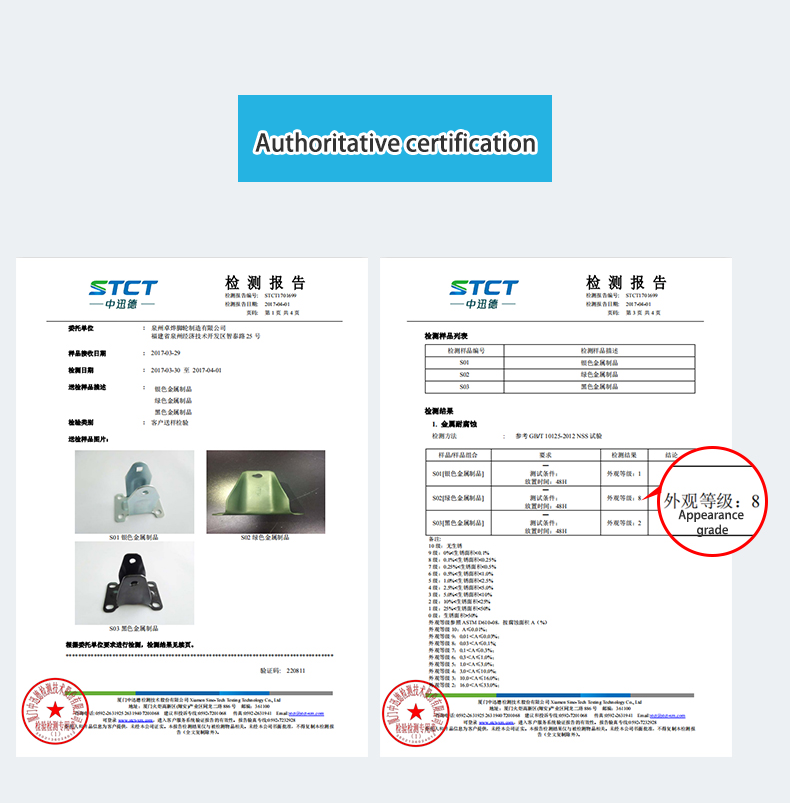Plastic spraying process, electrophoresis and galvanization are common metal surface treatment methods, especially casters, often to run in a variety of complex environments, the corrosion resistance of the metal surface is particularly important. On the market, the most commonly used treatment methods are galvanization and electrophoresis, while Zhuo Ye manganese steel casters after full consideration, but chose the spray treatment, why is it? Next, I will start from these three processes, detailed analysis for you!
I. Plastic spraying process
Plastic spraying process is a process of spraying paint onto the surface of an object, which is commonly used in the surface treatment of various metal products. The process has the following main advantages:
Plastic spraying process can realize fast and efficient surface coating. Compared with the traditional brushing process, plastic spraying process has higher coating speed and better coating effect, which can greatly improve the production efficiency.
Plastic spraying process has a wide range of coatings, which can be selected to suit different metal materials and process requirements, so as to achieve better anti-corrosion, anti-oxidation, UV protection and aesthetic effect.
The coatings used in the plastic spraying process have good corrosion resistance and abrasion resistance, and can protect the metal surface from chemical, physical and environmental factors such as erosion and damage.
Plastic spraying process can be applied to the surface coating of most metal materials, such as iron, aluminum, copper, zinc, stainless steel and so on.
In the medium salt spray test (NSS), the appearance grade of traditional galvanized treatment can reach grade 8 as tested by authoritative institutions.
II. Electrophoresis process
Electrophoresis process is a coating process that utilizes the principle of electrophoresis, where the paint adheres to the electrically charged surface of the workpiece. The process has the following main advantages:
The coating of electrophoresis process is uniform, dense and non-porous, with good coating quality, which can protect the metal surface from erosion and damage by chemical, physical and environmental factors.
There are many kinds of coatings used in electrophoresis process, and coatings suitable for different metal materials and process requirements can be selected, so as to achieve better anti-corrosion, anti-oxidation, UV protection and aesthetic effect.
The electrophoresis process can be automated to improve production efficiency and reduce coating costs.
In the medium salt spray test (NSS), the appearance grade of traditional galvanized treatment is only 2 by the authority.
Third, galvanizing process
Galvanizing process is to coat the surface of steel with a layer of zinc, thus improving the corrosion resistance of steel products. The process has the following main advantages:
The galvanizing process can achieve full coverage, and can cover all parts of the metal surface, including the interior and parts that are difficult to coat. As a result, the coating of the galvanizing process provides better corrosion resistance.
The zinc used in the galvanizing process is self-healing, which means that when the coating is scratched or damaged, the zinc flows to fill in the damaged areas, thus extending the life of the coating.
In the medium salt spray test (NSS), the appearance of the conventional galvanized treatment is only class 1 as tested by authorities.
Post time: Jan-12-2024


